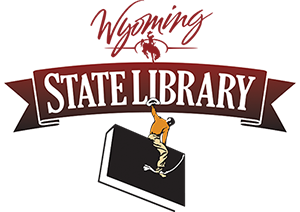 By Doug Johnson
By Doug Johnson
Reposted from the Blue Skunk Blog
under a Creative Commons license
Some educational battles need to be continually re-fought, especially those surrounding intellectual freedom for young adults. I was reminded of this when a parent requested that our district block all social media sites recently*. It was a good nudge for me to think again why I fight for tools that can certainly be used in both foolish and dangerous ways to remain a part of our educational toolbox. Maybe I needed to re-convince myself.
I have argued that students should have access to Facebook, Twitter, Snapchat, and Instagram in many of my posts and articles. But here is the high level summary of why…
- Access to social media sites is an equity issue. Students whose only Internet access is through school resources—both computers and networks—are disenfranchised from social discourse were we to block these sites. For better or worse, social media has become the country’s go-to source for news, opinion, and discussion.
- Access to social media sites is necessary for students learning safe and appropriate Internet use. School is a place to learn from mistakes. Caring adults surrounding our kids can help rectify poor choices and turn the experience into a “teachable moment.” Were students to reach college or work prior to gaining instruction and practice in the use of social media, the mistakes would have greater ramifications, and the adult guidance less probable.
- Access to social media leads to greater care of school-owned devices. On a very pragmatic basis, students will take better care of devices that they find valuable to them. We can harness their love of online interactions and personal inquiry by keeping networks, including social media, as open as possible. The likelihood of students remembering to bring their devices to school, to charge their devices, and to take greater physical care of their devices improves when the device is simply more than a link to digital textbooks and worksheets.
I’ve called giving student access to social media “the neglected side of intellectual freedom.” The fight for human rights, it seems, must be won and then won again and again. I will keep fighting.
* I think we found a good solution for this parent—an extension that we can place on his child’s Chrome account that allows him to create his own set of filtering rules. We will see.
